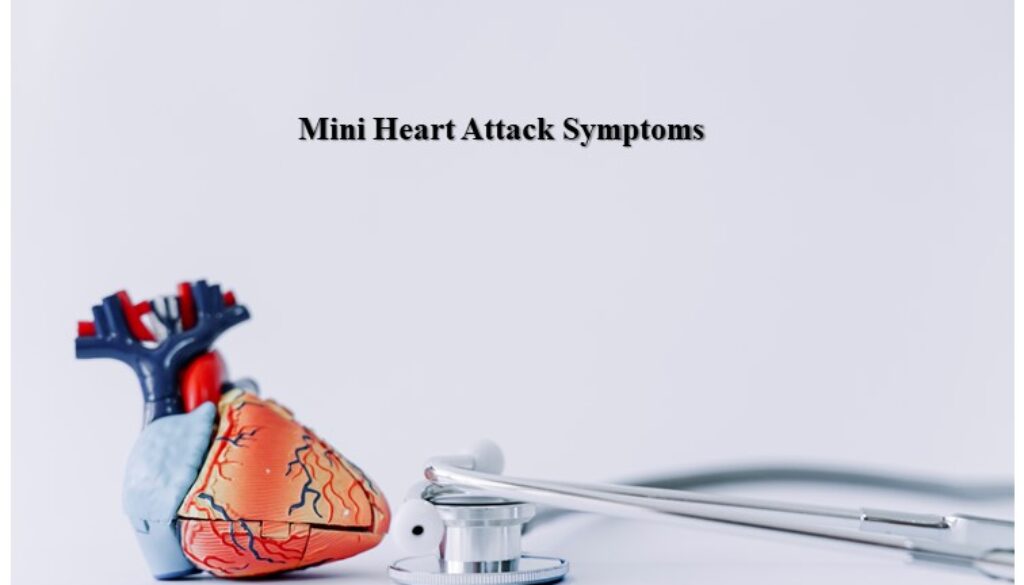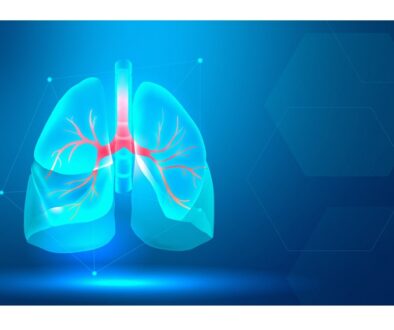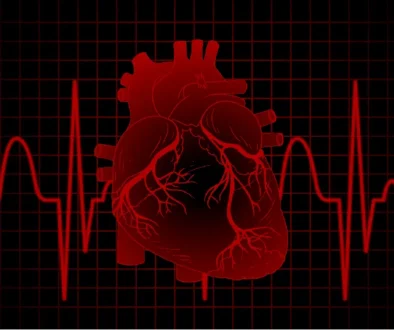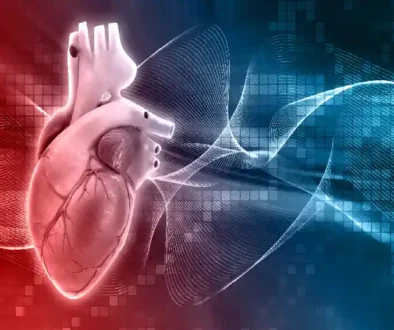Mini Heart Attack – Causes, Symptoms and Outcome
A heart attack or myocardial infarction occurs when coronary arteries get blocked and stop supplying blood to the heart. When a heart attack occurs, the part of the heart that normally gets blood from the artery that is blocked may get damaged. The severity of a heart attack depends on the duration of the artery that is blocked. If it is longer, then the heart attack can be massive and dangerous as it causes severe damage.
What is a mini–Heart Attack?
A mild heart attack or mini heart attack – which is also known as non-ST elevation myocardial infarction (NSTEMI) occurs when the blockage in the artery is only partial. As compared to a full-blown heart attack, the symptoms of a mini heart attack don’t last long and heart damage is also minimal. In other words, a mini heart attack is a mild heart attack wherein your heart didn’t suffer much damage and it is still pumping normally. However, whatever may be the case or the outcome, even a mild heart attack should not be considered less serious because all heart attacks are serious and require prompt emergency medical care.
“It is extremely important to understand that how you live your life and manage your risk factors going forward will impact what happens to you next,” he says.
Going forward after experiencing a mini heart attack, a better understanding of how you balance your life and risk factors is extremely important.
What are the symptoms of a mini heart attack?
Mini heart attack symptoms: Discomfort in the chest, tightness, pressure, pain, tingling sensation, squeezing in the chest and discomfort in other parts of the body; pain in the neck, jaw, shoulder, arms, or stomach; nausea; vomiting, cold calmy skin, sweating, heartburn, belching (burping); dizziness; fast or uneven heartbeat; fainting; light-headedness. Women who experience this type of heart attack may also report extreme weakness or fatigue and upper abdominal pain.
What causes a heart attack?
The formation of fatty deposits called plaques on the walls of the coronary artery (a blood vessel that feeds the heart) leads to the blockage of the coronary artery. This condition is known as coronary artery disease or coronary heart disease. When the plagues break open, they cause blood clots that block the artery and stop blood flow to the heart muscles. When this happens, a heart attack occurs.
Bottom Line
You may have a huge sigh of relief once you come through unscathed after a mild heart attack. Though it is a mild one, it should be viewed as a wake-up call. You must get into the groove and start taking your health seriously. A mini heart attack can increase your risk of another heart attack or stroke.
If you have any concerns or any risk factors, then consult me asking for a plan to prevent heart attack. Remember! You are the one who is going to carry out the plan that I share with you.
I urge you to consider or recognize any mild symptom as a crucially important event and then consult me and make changes in your lifestyle to have a positive impact on your health.
Even a mini heart attack is a medical emergency. you must see emergency medical care straight away if you experience any symptoms of a heart attack. Do not drive to the hospital on your own.
Remember!
How well you get along after experiencing a heart attack depends on how quickly you take steps to take medical help.
“The sooner you get emergency care, the better the chance you will suffer less permanent damage to your heart.”




